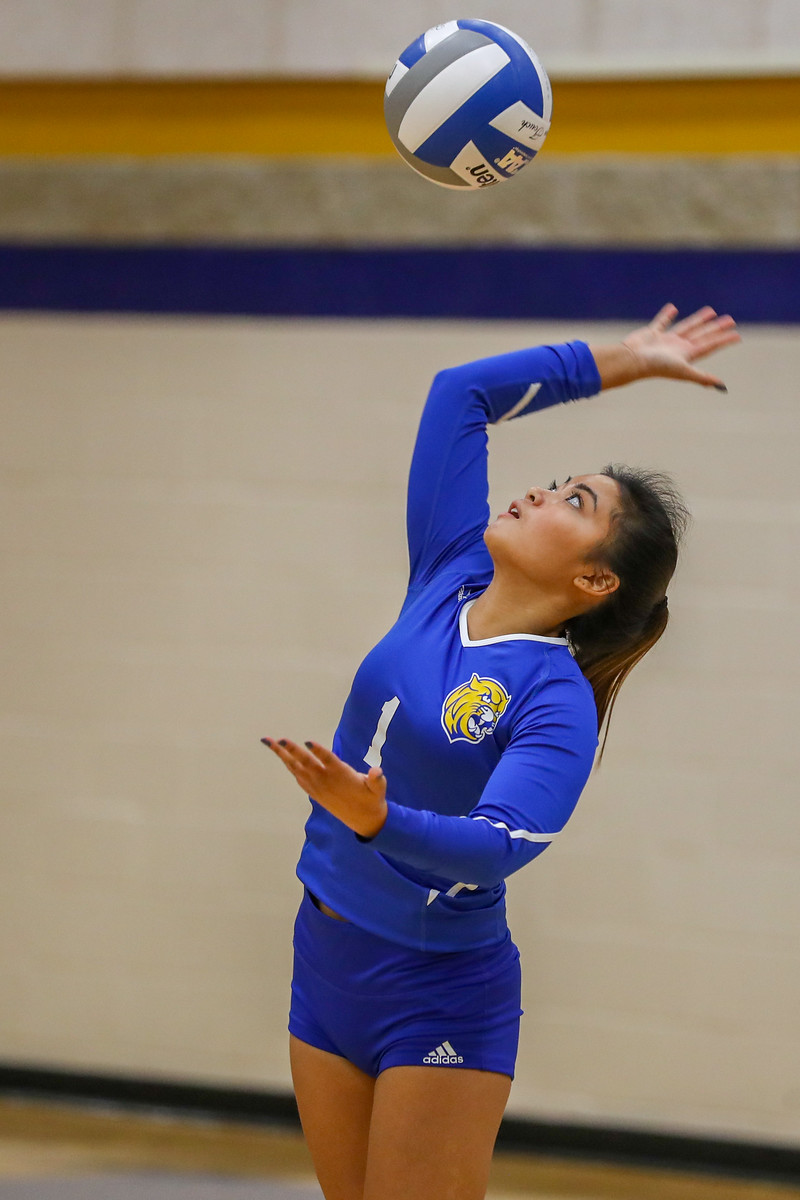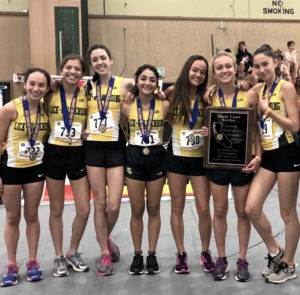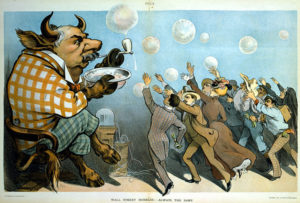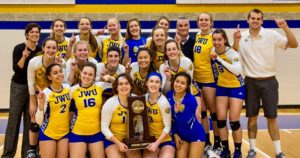
As high school athletes transition to the collegiate level (National Collegiate Athletic Association or NCAA), they must be prepared to balance the increase in academic and athletic demands. There are many challenges that student-athletes face, and being able to adjust to these changes is the key to success both in school and in sports. Elyssa Nicolas ‘17 (Johnson & Wales University) and Justin Robinson ‘16 (City College of San Francisco) have made their transition to collegiate sports, and through careful preparation and hard work, have found success.
Elyssa Nicolas
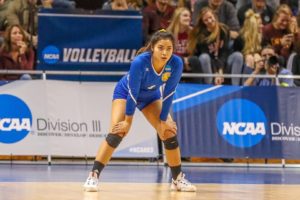
Nicolas, a four-year starter on the LWHS women’s varsity volleyball team, now plays for the women’s volleyball team at Johnson & Wales University. As the season ended, Nicolas reflects on her preparation and journey to her first year in college athletics.
Nicolas committed to JWU during her senior year of high school and knew preparation would be integral to her success when she became a Wildcat. Nicolas played competitive club volleyball for the majority of her athletic career and worked hard to get the most out of every high school and club practice.
Nicolas had a smooth transition to college sports, balancing both athletic and academic commitments. “My sports and school schedules balance well together since I have two classes during the day and practices are in the afternoon. I find it easier than high school to manage time since I am taking classes focused on my major, health sciences,” says Nicolas.
Nicolas’ transition from playing in high school to the collegiate sports has been big but largely been positive. “The competitive level is very different from high school since I’m playing with girls from different grades. Many of the girls are from the Bay Area and Southern California, [so] we clicked immediately,” said Nicolas.
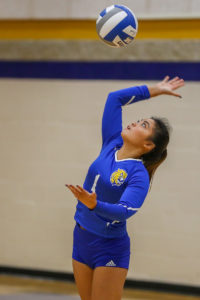
However, Nicolas had to sacrifice a large part of her life to play volleyball and deal with the busy schedule that comes with it. “I have to sacrifice my social life on the weekends for 8 A.M. practices and games, which can be more than three hours away,” says Nicolas. Although Nicolas does have a demanding obligation to volleyball, she still finds ways to overcome the business of her schedule, “overall, I do manage my time well because I believe Lick prepared me well enough and I do have high expectations for myself as a student-athlete.” As Nicolas finished her inaugural season at JWU, her experience, thus far, has exceeded her expectations. For instance, she loves having the support of fans, including professors, at games.
For any high school athlete who strives to play in college, one day, Nicolas advises: “Create a schedule that works best for you, since you understand your own way of managing your time. Sports are also a great way to connect with people on other athletic teams coming from different communities.”
Nicolas has helped the Wildcats to an outstanding season (35-1) and an undefeated regular season (28-0). The Wildcats won the Great Northwest Athletic Conference (GNAC) Championship game and the NCAA Regional Championship at their home court. They advanced to the NCAA Division III volleyball tournament in Michigan where they took 5th place out of 360 teams. Nicolas’ optimism and aspirations for the team, as well as her astonishing accomplishments as a consistent game leader, got her Libero of the Year in the Great Northeast Conference.
Justin Robinson

Robinson was a captain of the LWHS baseball team during the 2015-2016 season. Robinson now plays baseball for the CCSF Rams and has made great strides in transitioning from high school to college athletics. Originally, Robinson was set to attend San Jose State University and become a member of SJSU’s Division 1 baseball team. However, he had to alter his plans and enroll at CCSF.
Although the spring baseball season has not yet commenced, Robinson has been working hard, in preparation, by practicing and competing in the fall pre-season games. He has experienced how time-consuming and intense college athletics are as he already has one season playing for the Rams under his belt. “Mentally, the competition is hard to deal with,” said Robinson, now a shortstop for the Rams. “Lick baseball was more of a recreational thing, but now, I have practice every day from 12-3 and weight and recovery sessions weekly. For me, finding time to finish homework, like on BART, on my way to work or in-between classes, is the best way to get things done. Honestly, it just depends on the person and how you manage it, how you spend your time and truly get things done. Compared to Lick, the work level isn’t that different and I was definitely well prepared when I came here,” noted Robinson.
When thinking about the difference between playing at the high school level and playing at a Junior College collegiate level, Robinson found the strength of many athletes to be very surprising. “College sports are different and surprising because of how much stronger people are. Coming from Lick, where there is only one baseball team, it’s harder to make cuts and there are more people on the team. Now in college, there’s a lot more competition since you are playing with people who all have the same goal and hard-working mindset. Everything is more difficult; standing out is difficult; you must commit to the team. Most days I have school, practice and work so I get home around 9, 10 or 11 pm. Six days a week you’re either preparing for practice, practicing or recovering from practice,” said Robinson.
Robinson has found that balancing and finding time to fit in various aspects of his life is difficult and sometimes results in skipping meals, a lack of sleep, and trouble finishing school work. Robinson has found that the social aspect of his life is not as prominent as it was in high school. “With sports, school, and work, I don’t get to go out and hang with friends as much as I used to. But, I think that if you love what you’re doing then it’s worth it in the end. Most of the players on the team are my friends because we all know and understand the difficulty of balancing our lives with baseball,” says Robinson.
Despite the stressful lifestyle of a student-athlete, college sports have met Robinson’s expectations. “It was very close to what I imagined, especially after overnight visits and watching games. Unlike high school, you live with your teammates and are always around them; the sense of brotherhood is unparalleled,” said Robinson.
As Robinson prepares for his season, he has some advice for aspiring college athletes: “bulk up and get stronger. In college, athletes are more serious and work on improving every aspect of their game. Having good fundamentals is the base for any successful athlete. Coaches can teach the rest but there isn’t a substitute for skill and hard work.”
Currently, Robinson is working hard to prepare for the spring baseball season where the Rams will be playing more than 40 games.
Words from Coach Smith
The Lick-Wilmerding sports program is run by athletic director, Eliot Smith, who coaches the varsity men’s’ basketball team and plans seasonal sports events. Coach Smith offered some advice to athletes who play or plan on playing sports, whether it be at school or in preparation for college. “I think that every athlete should have a good experience, and with that, every athlete needs to have confidence. In order to improve on a sport you are passionate about, players should all have a competitive instinct, drive, and mental toughness,” advised Smith. “If you’re playing any type of team sport, you need to enjoy being part of that team, caring for one another and learning from your leadership models (whether that be coaches, pro-athletes or team captains). In every sport, make sure you appreciate. Appreciate the friendships, memories, coaches. Decisions are made-based on values and priorities (family, school, athletics). You have to understand that research has shown that sports help with school, to keep you focused and disciplined. So, work with your teammates and combine with one another to make it a good overall experience for you,” says Smith.
For athletes who have experienced playing at the collegiate level and have grown as students and players, it’s hard to balance and manage the load of school, sports and outside of school activities. However, the advantages of competing in college sports are both immediate and lifelong and participating in college sports provides opportunities to learn, compete and succeed with access to outstanding coaching, facilities, and equipment. Moving from high school to college can be a fresh experience for anyone, but for athletes, it will be as if seeing their sport with a new set of eyes.




